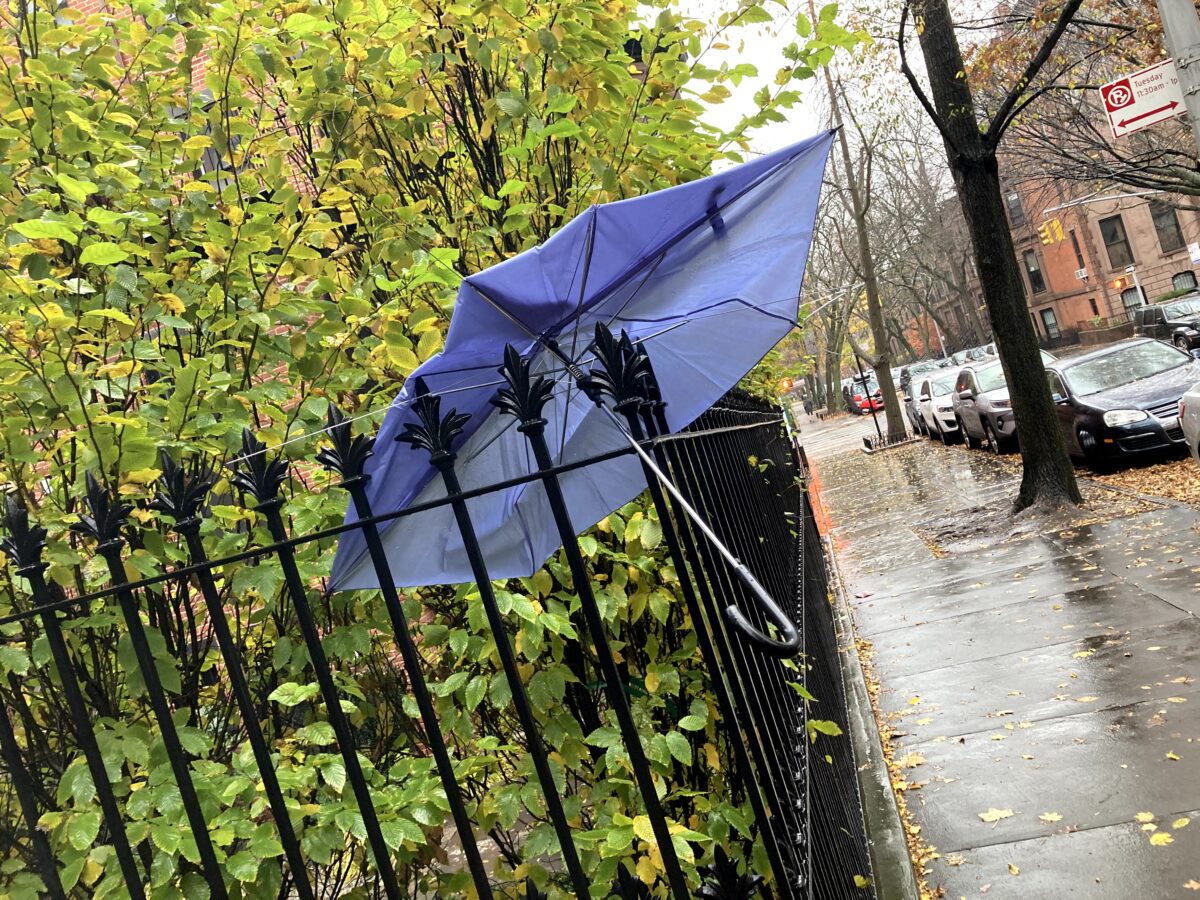February 9, 2023
Life can tell you no all day. But you’ll be back.

Ask anyone who’s single or unemployed, the hardest part about the dating and job hunting is the rejection.
You think starting conversations and submitting resumes and going out to dinner is hard?
Try getting a text message from the woman you just slept with who says you’re too clingy and that you shouldn’t call anymore.
Or receiving that cold, impersonal automated email saying your dream employer has decided to move forward with someone more junior.
Ouch. It can ruin your whole day.
The good news is, just as improv comedy performers can train themselves to get good at saying yes, anyone can train themselves to get good at hearing no. We can build our resilience to become a more desirable candidate, both personal and professionally.
One of my ideas was to launch an app that gave people failure exposure therapy. Every day, you’re assigned three small, low risk challenges in which you were guaranteed to be rejected.
Like asking strangers for a hundred dollars, applying for positions that well above your pay grade and expertise, and trying to enter private buildings without a security badge.
The app also offer tips on how to respond to your failures quickly, attractively and memorably. Users earn badges for each fail mission, desensitize themselves to the word no, and level up once they learn to treat rejection as an ongoing part of life.
Think that app might help build resilience?
It sounds like a goofy idea, but improving your own efficacy ain’t no joke. Having the resourcefulness to handle unforeseen conditions is one of life’s most important skills.
Bandura, the leading psychological researcher in this field, defines this trait of efficacy as the ability to exercise of influence over your motivation, thought processes, emotional states and patterns of behavior. Efficacy is about how much you control your functioning to solve difficult problems.
Take a look at several of these questions from the official efficacy inventory. It’s a powerful tool to gauge your level of resourcefulness in the face of failure:
*How well can you overcome discouragement when nothing you try seems to work?
*If someone opposes you, can you find the means and ways to get what you want?
*If unexpected events happen, are you confident that you could deal with them efficiently?
*When facing difficult situations, can you rely on your coping abilities to remain calm?
Now, this form of trust doesn’t come quickly. The resourcefulness to handle unforeseen conditions takes years of practice.
But the longer we’re around, the better we get. Our ability to cope with failure can’t help but improve. Time is on our side. Even if we don’t have the stamina, flexibility or speed we had in our youth, with each passing year, the savage bite of failure loosens its grip.
Hearing the word no doesn’t wreck us like it used to. Once we’ve had more practice, we learn how to exercise influence over our motivation.
The first time I got laid off by a company that was downsizing its workforce, it emotionally wrecked me. The experience had me doubting my abilities, filling me with anger and hopelessness. Took months to recover from that blow.
Three years later, my next employer was acquired by a larger agency, and once again I was laid off.
It hurt my feelings and made me sad and angry, but it didn’t completely blindside me. Once the hatchet came down, I was more prepared to absorb the blow and position myself to leverage the upside.
Because I had seen that movie before. Failure’s bite may have pained, but it didn’t paralyze.
How has your efficacy increased as time has passed? Are you better at relying on your coping abilities to remain calm than you used to be?
If so, then no matter how many times you fail, you’re still doing something right. If you have the resourcefulness to handle unforeseen conditions, then rejection is neither here nor there.
Life can tell you no all day. But you’ll be back.
Do your trust your functioning to solve difficult problems?

